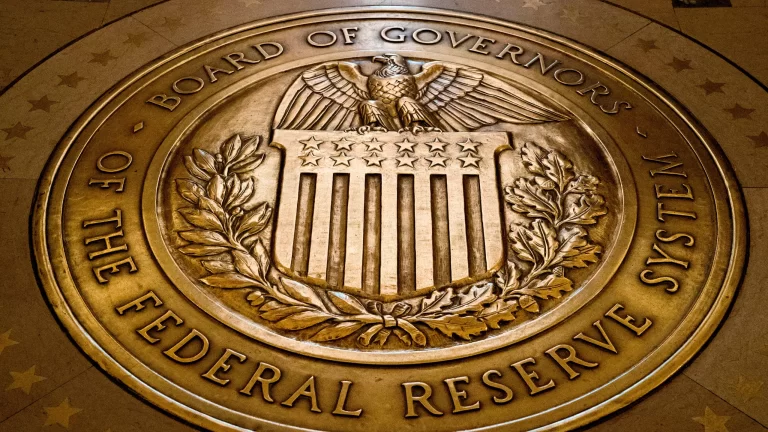The Dollar’s Decline: A Symptom of Eroding Federal Reserve Independence
By Hotspotorlando News
The U.S. dollar is reeling, battered to its lowest levels in over three years, as investors react to fresh signs that the Federal Reserve’s independence is under siege. President Donald Trump’s latest broadside against Fed Chair Jerome Powell, branding him “terrible” and openly musing about replacements, has sent shockwaves through financial markets. This isn’t just another tweetstorm—it’s a direct challenge to the principles that have long underpinned America’s economic stability.
The Federal Reserve was designed to operate free from political interference, a firewall meant to ensure sound monetary policy over populist whims. For decades, this independence has been a cornerstone of the dollar’s strength, giving investors confidence that the Fed’s decisions—on interest rates, inflation, or economic stability—were grounded in data, not political expediency. But Trump’s relentless attacks on Powell, coupled with his assertion that he has “three or four” candidates ready to take the Fed’s helm, signal a dangerous shift. The markets are reacting, and the dollar is paying the price.
Conservatives have long championed the free market and institutional integrity. The Fed’s autonomy isn’t some abstract concept—it’s a practical necessity that keeps our economy from being swayed by short-term political pressures. When a president openly pressures the central bank, it undermines trust. Investors, both domestic and foreign, start to question whether the Fed can act impartially or if it’s being strong-armed into policies that might juice the economy for a news cycle but leave long-term wreckage. A weaker dollar reflects that fear: a currency losing its luster as the world’s reserve because the rules are being rewritten.
Trump’s frustration with Powell isn’t new. He’s repeatedly criticized the Fed for raising interest rates or not cutting them fast enough to suit his agenda. But this latest escalation—publicly dangling replacements—crosses a line. It’s not just about Powell; it’s about the precedent. If the Fed becomes a political football, what’s to stop future administrations, Republican or Democrat, from leaning on the central bank to manipulate markets or fund pet projects? The result could be runaway inflation, eroded savings, and a dollar that no longer commands global respect.
Conservatives should be alarmed. We’ve seen what happens when central banks are politicized—look at nations like Venezuela or Zimbabwe, where currencies collapsed under the weight of government meddling. The U.S. isn’t there yet, but the slope is slippery. A strong economy requires a strong dollar, and a strong dollar demands a Fed that’s free to act without a president’s hand on the scale.
The solution isn’t to double down on populist rhetoric but to recommit to principle. Congress should reaffirm the Fed’s independence, perhaps through legislation that reinforces its mandate and shields it from executive overreach. Republicans, who control the Senate, have a duty to lead here, reminding the president that conservative values—stability, rule of law, and institutional trust—are non-negotiable.
The dollar’s beating isn’t just a market blip; it’s a warning. If we let political expediency erode the Federal Reserve’s independence, we risk more than a currency’s value—we risk the economic foundation that has made America the envy of the world. It’s time to stand firm, not for Powell’s sake, but for the sake of the principles that keep our economy strong.
Source:
Reuters, Yahoo, X, Bloomberg, X-AI


